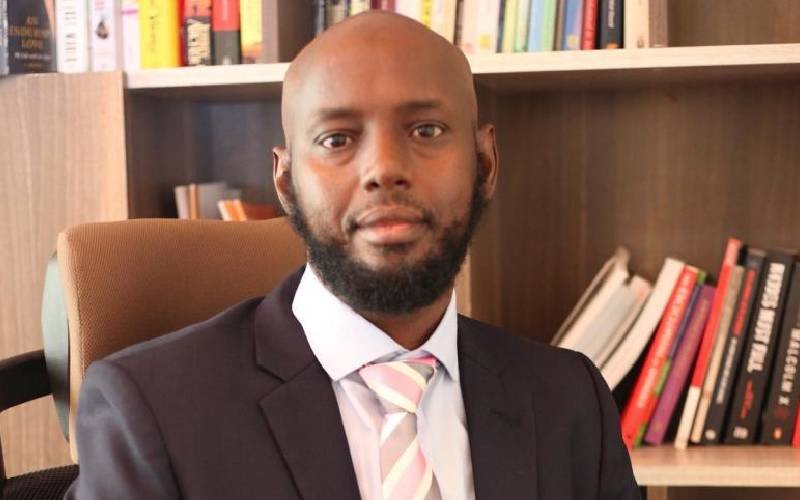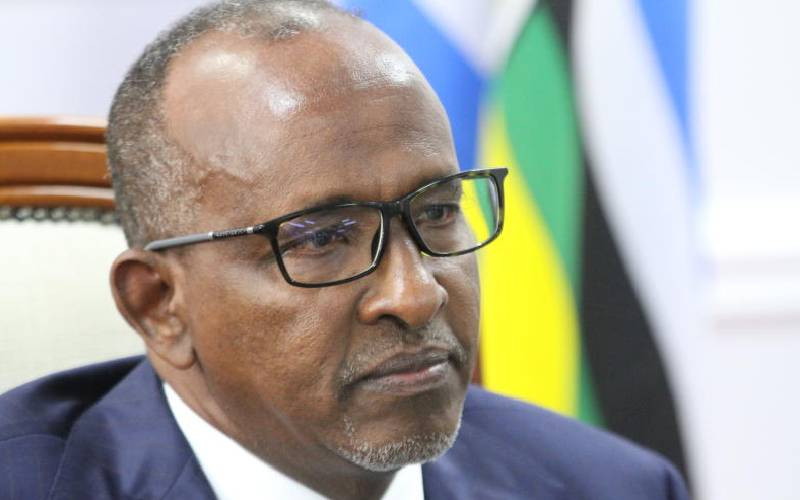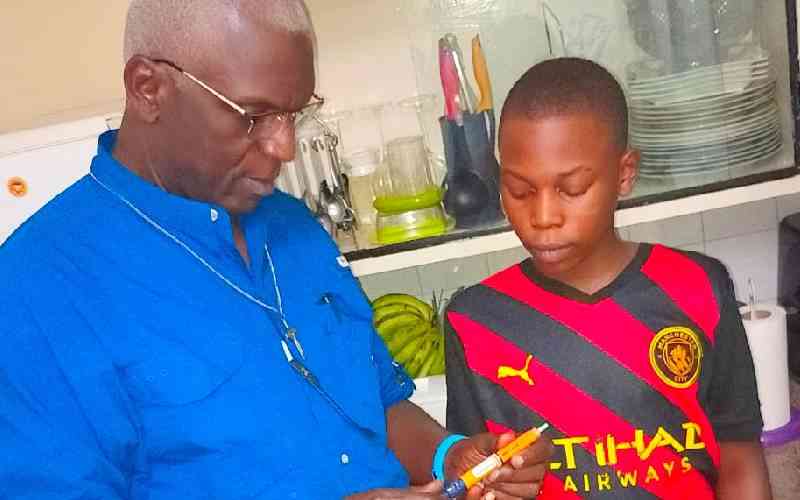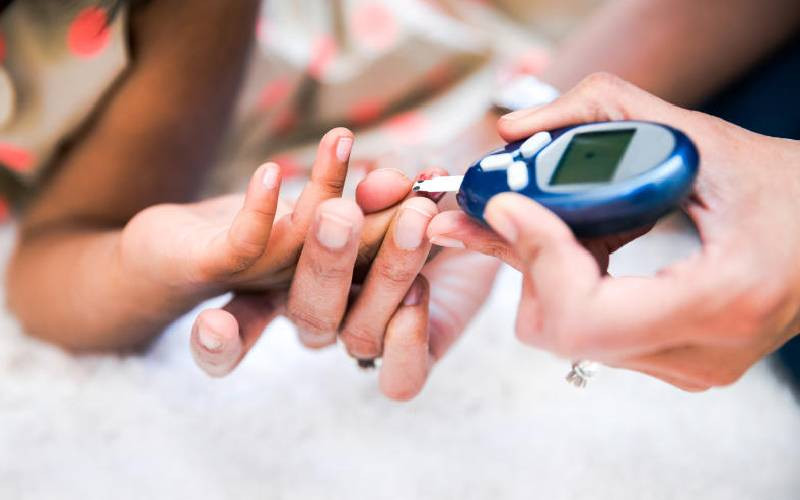
A woman sits on the ground, her arm wrapped around her lowered head in distress. [Courtesy, iStockphoto]
Female genital mutilation (FGM), long condemned as a violation of human rights, has now been definitively linked to a wide range of serious and lasting health complications.
A comprehensive study titled Exploring the health complications of female genital mutilation through a systematic review and meta-analysis, published in BMC Public Health by the World Health Organisation (WHO) and the UN’s Human Reproduction Programme (HRP), provides the most extensive evidence yet on the medical and psychological harm endured by women and girls subjected to FGM.
The study analysed data from 78 research projects conducted in nearly 30 countries, involving close to half a million women. It found that FGM significantly increases the risk of complications across six key areas: obstetric, gynaecological, urological, sexual, mental health, and immediate post-procedural effects.
Women who have undergone FGM are more than twice as likely to experience prolonged or obstructed labour, excessive bleeding during childbirth, and require emergency caesarean sections or forceps deliveries. Their babies face higher risks of foetal distress, asphyxia, and stillbirth. “Women who have undergone FGM face serious, sometimes life-threatening complications during childbirth, with clear evidence of greater maternal and neonatal health risks,” said Dr Pascale Allotey, Director of Sexual and Reproductive Health at WHO.
Beyond childbirth, FGM is linked to long-term health issues including menstrual difficulties, frequent urinary tract infections, genital tissue damage, and painful sexual intercourse. It also disrupts normal urinary and reproductive functions, with many survivors reporting difficulties urinating and persistent pelvic pain.
While the physical consequences of FGM are well documented, this study highlights often-overlooked psychological trauma. Women with FGM are nearly three times more likely to suffer depression or anxiety and over four times more likely to develop post-traumatic stress disorder (PTSD).
“These figures reveal the deep emotional trauma endured by survivors. FGM is not just a physical violation; it leaves lasting psychological scars,” Dr Allotey explained.
A troubling trend noted is the increasing “medicalisation” of FGM. In some communities, healthcare workers perform the procedure under the mistaken belief that it is safer. However, researchers warn that medically performed FGM can cause deeper cuts and worse long-term outcomes. “Medicalisation gives a false sense of security. FGM in any form is a violation of bodily integrity and has no health benefits,” the report stresses.
Despite widespread advocacy and legal bans, FGM continues to affect an estimated 230 million women and girls globally. Although prevalence is slowly declining, particularly among girls aged 15 to 19, population growth in high-prevalence countries may increase absolute numbers.
The practice persists due to deeply entrenched cultural norms, beliefs about purity and marriageability, and religious misconceptions. In some communities, girls who do not undergo FGM face social exclusion and diminished marriage prospects.
FGM is most common in about 30 countries across Africa, the Middle East, and parts of Asia, but has been documented worldwide, including in diaspora communities.
The study underscores an urgent need for prevention and care. WHO plans to release updated clinical guidelines to assist healthcare workers in providing evidence-based care to survivors, while continuing to advocate for the total abandonment of FGM. “This is a health crisis rooted in gender inequality. Health systems must not only care for survivors but also take the lead in preventing FGM by engaging communities and promoting change in harmful social norms,” said Dr Allotey.
The report is a clear call to healthcare providers, policymakers, and civil society to recognise FGM as a public health emergency, not just a cultural issue. Survivors often suffer in silence, with their pain ignored due to social taboos.
Understanding the full extent of FGM’s damage is vital to developing holistic care that includes physical healing, psychological support, and empowerment. “This isn’t just about statistics. Behind every number is a woman or girl who deserves to live free from harm, fear, and pain,” said Dr Allotey.
As the world advances towards gender equality and universal health coverage, ending FGM is a crucial step requiring political will, community engagement, and persistent advocacy.
 The Standard Group Plc is a multi-media organization with investments in media
platforms spanning newspaper print
operations, television, radio broadcasting, digital and online services. The
Standard Group is recognized as a
leading multi-media house in Kenya with a key influence in matters of national
and international interest.
The Standard Group Plc is a multi-media organization with investments in media
platforms spanning newspaper print
operations, television, radio broadcasting, digital and online services. The
Standard Group is recognized as a
leading multi-media house in Kenya with a key influence in matters of national
and international interest.











